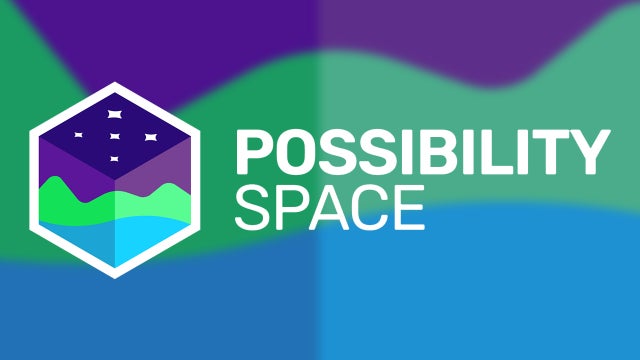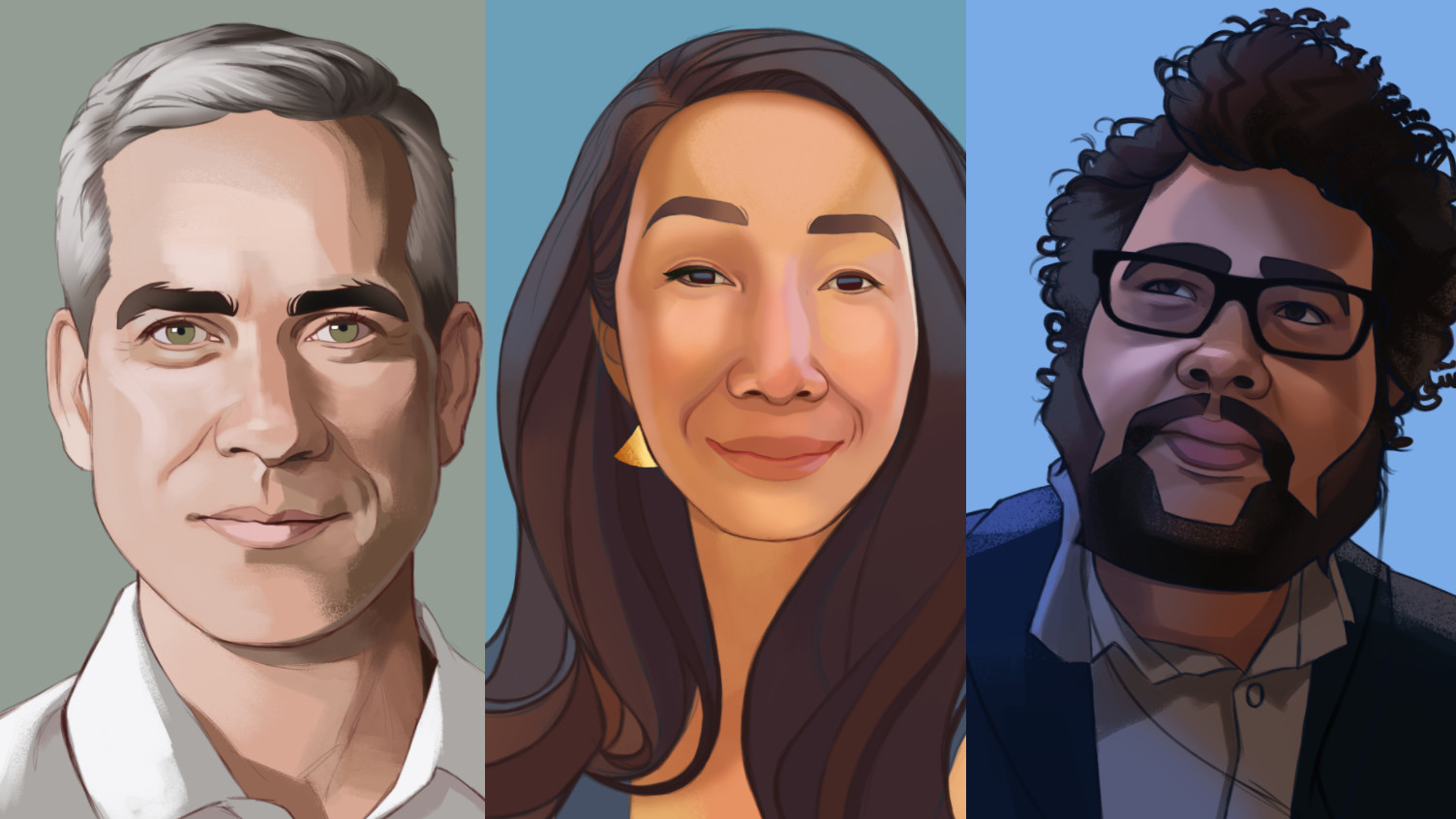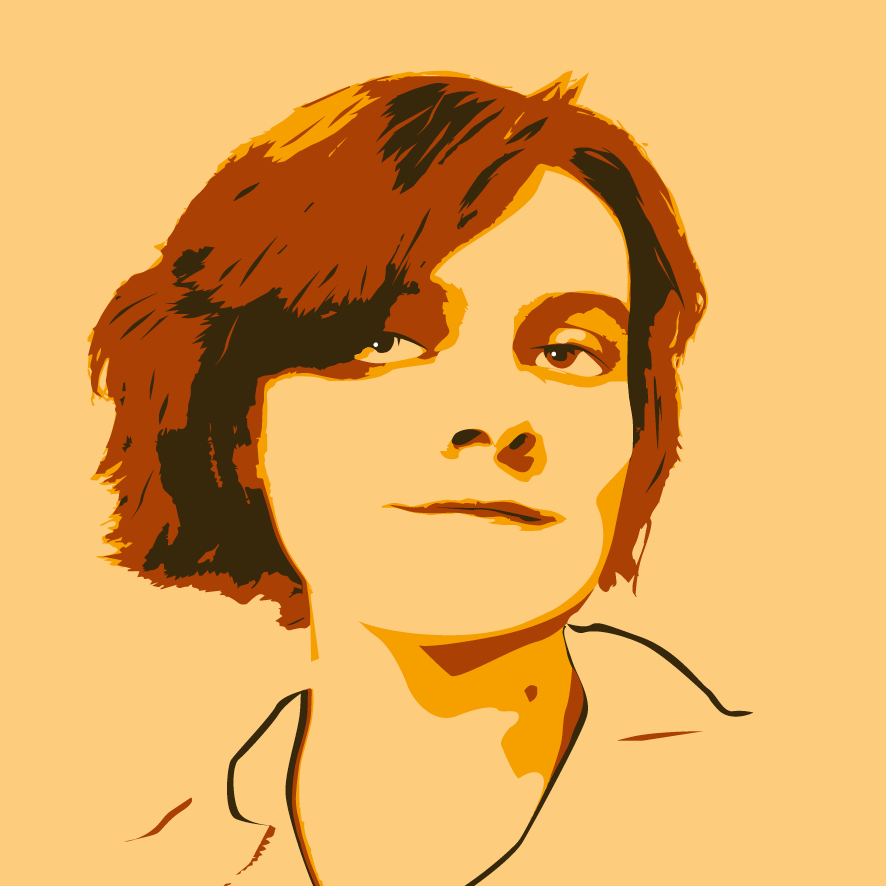State of Decay studio founder wants to build a safe and inclusive new studio with Possibility Space
"It’s just not that hard to treat people fairly and equally."

Jeff Strain, founder of State of Decay developer Undead Labs and former lead programmer on World of Warcraft, this week announced the formation of new studio Possibility Space—and is starting off with some proper impressive talent.
While based in New Orleans, Strain tells IGN that most staff will be working remotely. Studios may have struggled to adjust to transitioning to remote work during the pandemic, but Strain reckons the industry largely proved it can "continue to develop great games in a distributed fashion".
"The pandemic accelerated a lot of trends that were already in place," said Strain. "The fact is that it is completely possible to work wherever you want to work and live wherever you want to live. I do think that most developers like the freedom."
Decentralising the studio's staff also opens the doors to a broader range of talent, and Possibility Space begins with an impressive lineup—including Firewatch lead environment artist Jane Ng, Waypoint founder and podcaster Austin Walker, and game designer Liz England, one of the key figures behind Watch Dogs Legions Play As Anyone feature. Also joining are Richard Foge (Undead Labs), Brandon Dillon (Oculus), Leah Rivera (Undead Labs), Brian Jennings (NZXR), Erica Tam (EA) and Charles Randall (Ubisoft).

Alongside remote work, Possibility Space also hopes to try and create a safer, inclusive workplace from the ground up. In the wake of allegations at Ubisoft, Activision and recently Paradox, Strain reckons "the most important issue facing our industry right now" is creating a culture that doesn't foster abusive environments—one that'll hopefully permeate the studio strongly enough to continue even should he end up leaving the company.
“It’s just not that hard to treat people fairly and equally. I’ve learned that it’s not enough to just have good intentions. It’s not enough to wish for diversity. You have to build structure that you adhere to in order to make it fair.
"We started by making sure that we cast a very broad net and looked at the widest range of people we could to make sure we were getting fair representation at all levels of the company. Those people have now come on board and are strong counsellors and offer strong guidance for how we continue to build the kind of systemic culture we need to build to make sure that as we hire people over the next five, 10 years, that we build a culture that would survive... me."
The biggest gaming news, reviews and hardware deals
Keep up to date with the most important stories and the best deals, as picked by the PC Gamer team.
I'm usually pretty skeptical when veteran industry figures strike it off on their own—after all, who's still talking about Disintegration these days? I'm also wary of Strain's statement that the team has "big ambitious goals and the resources to match those big ambitious goals". But considering the names involved, here's hoping Possibility Space can buck the trend and help set a better example for more sustainable, ethical game development.

20 years ago, Nat played Jet Set Radio Future for the first time, and she's not stopped thinking about games since. Joining PC Gamer in 2020, she comes from three years of freelance reporting at Rock Paper Shotgun, Waypoint, VG247 and more. Embedded in the European indie scene and a part-time game developer herself, Nat is always looking for a new curiosity to scream about—whether it's the next best indie darling, or simply someone modding a Scotmid into Black Mesa. She also unofficially appears in Apex Legends under the pseudonym Horizon.

